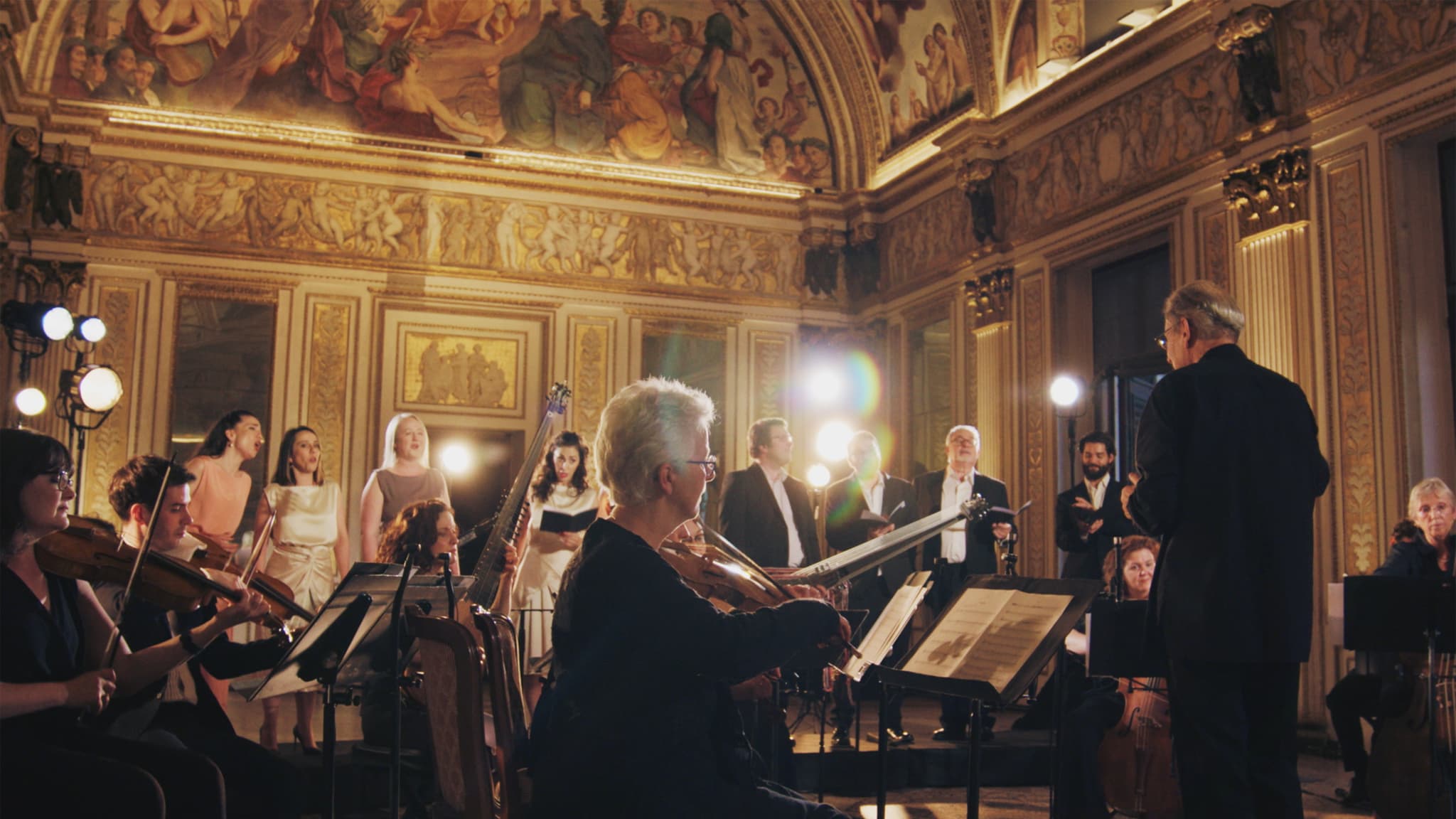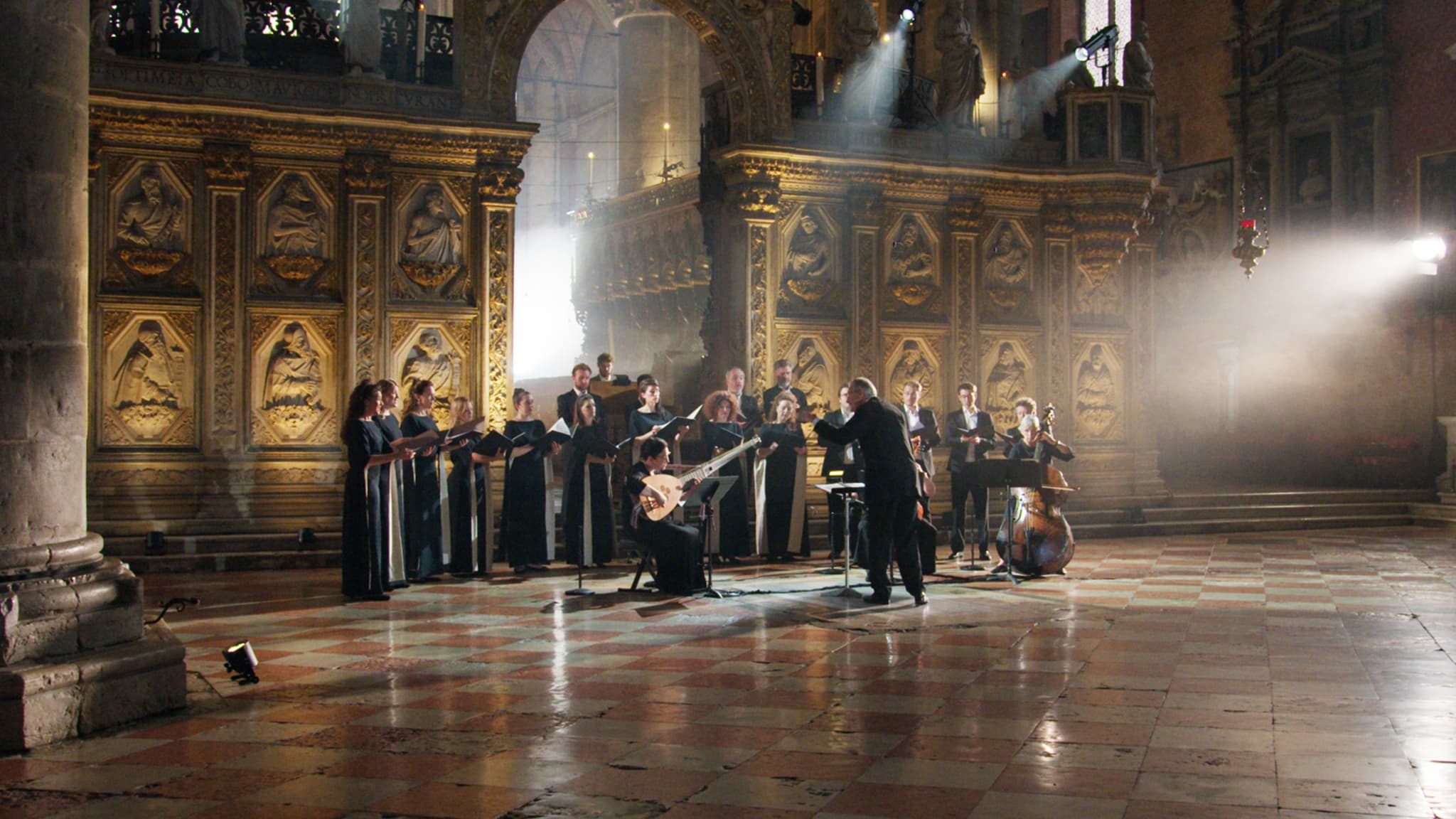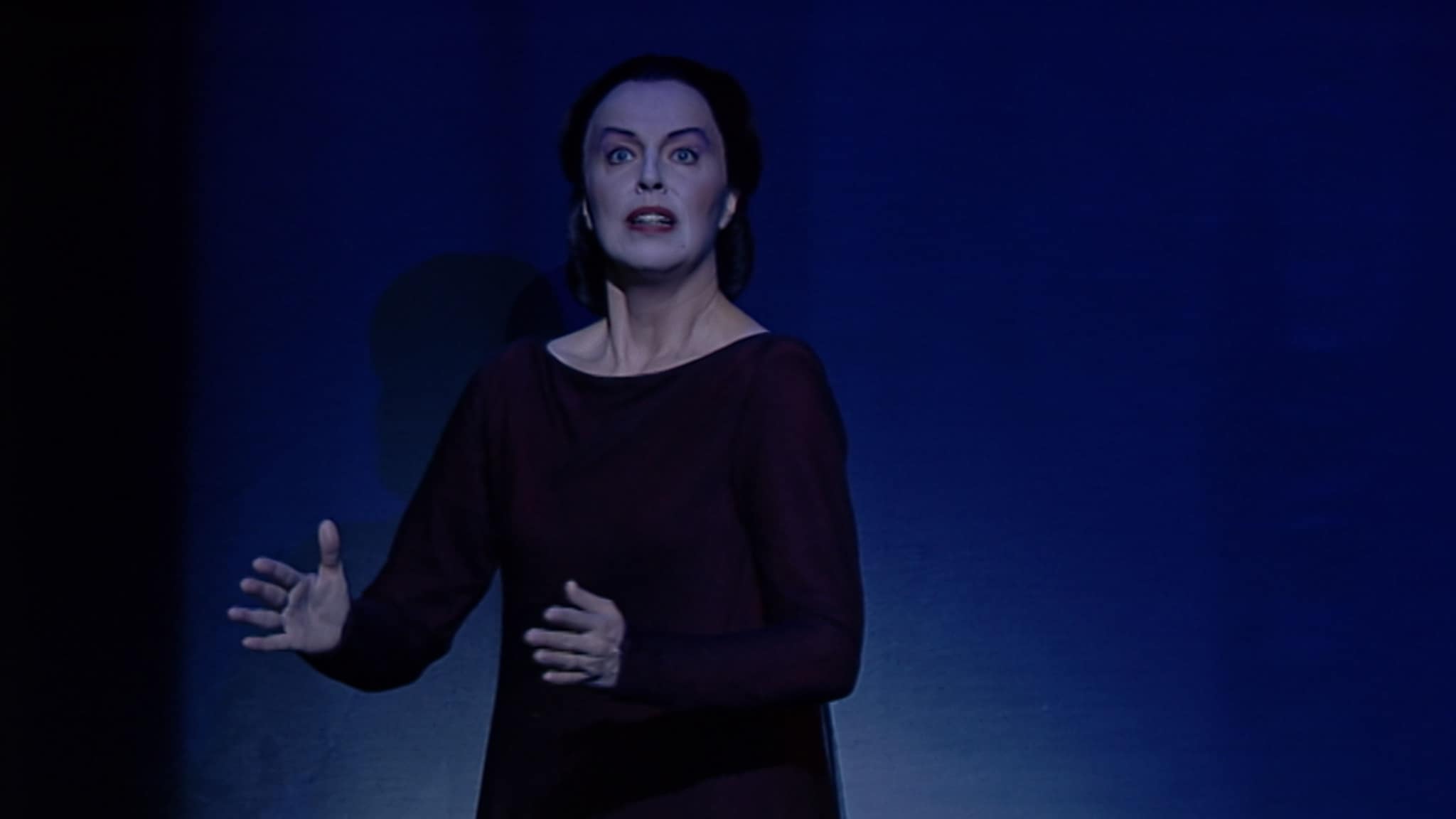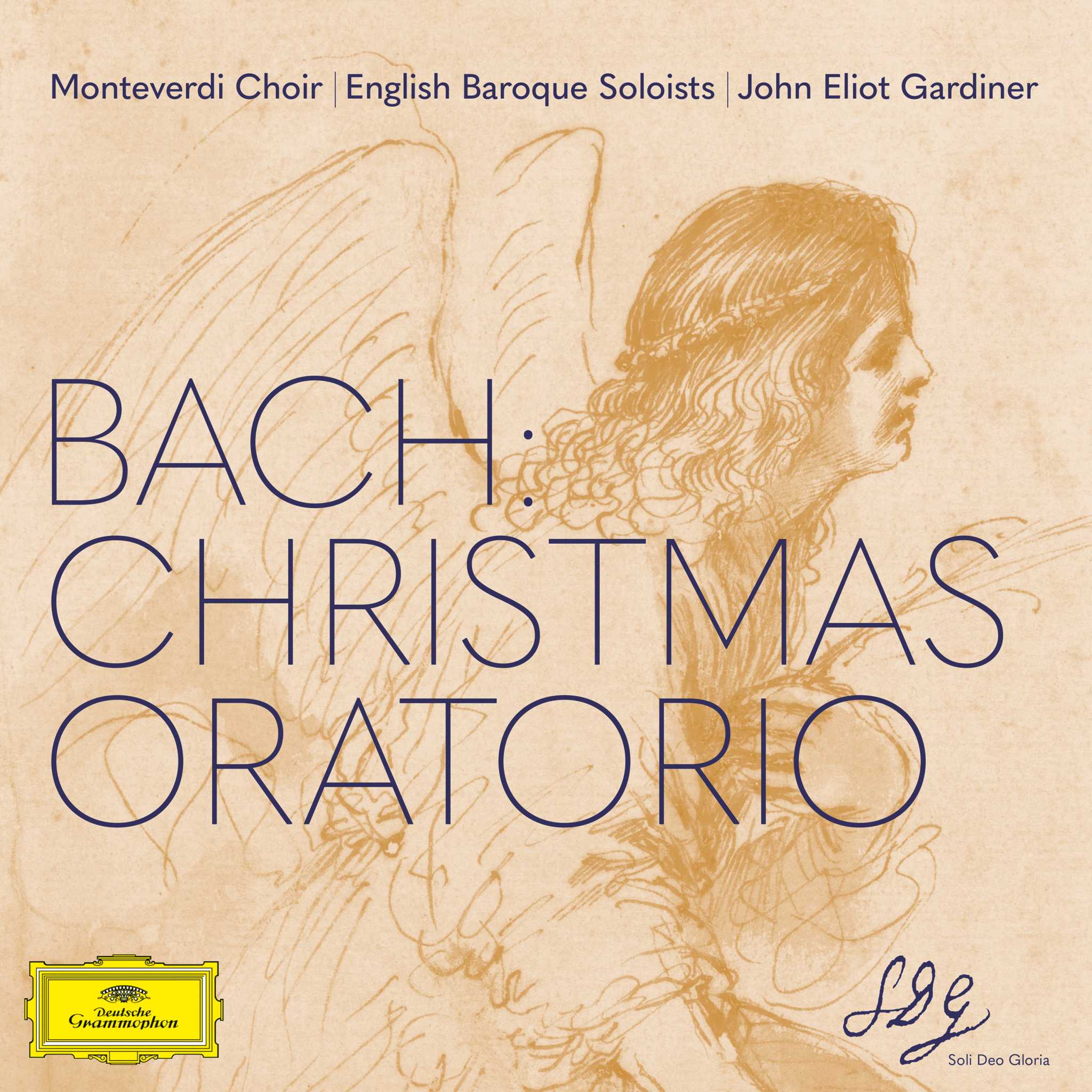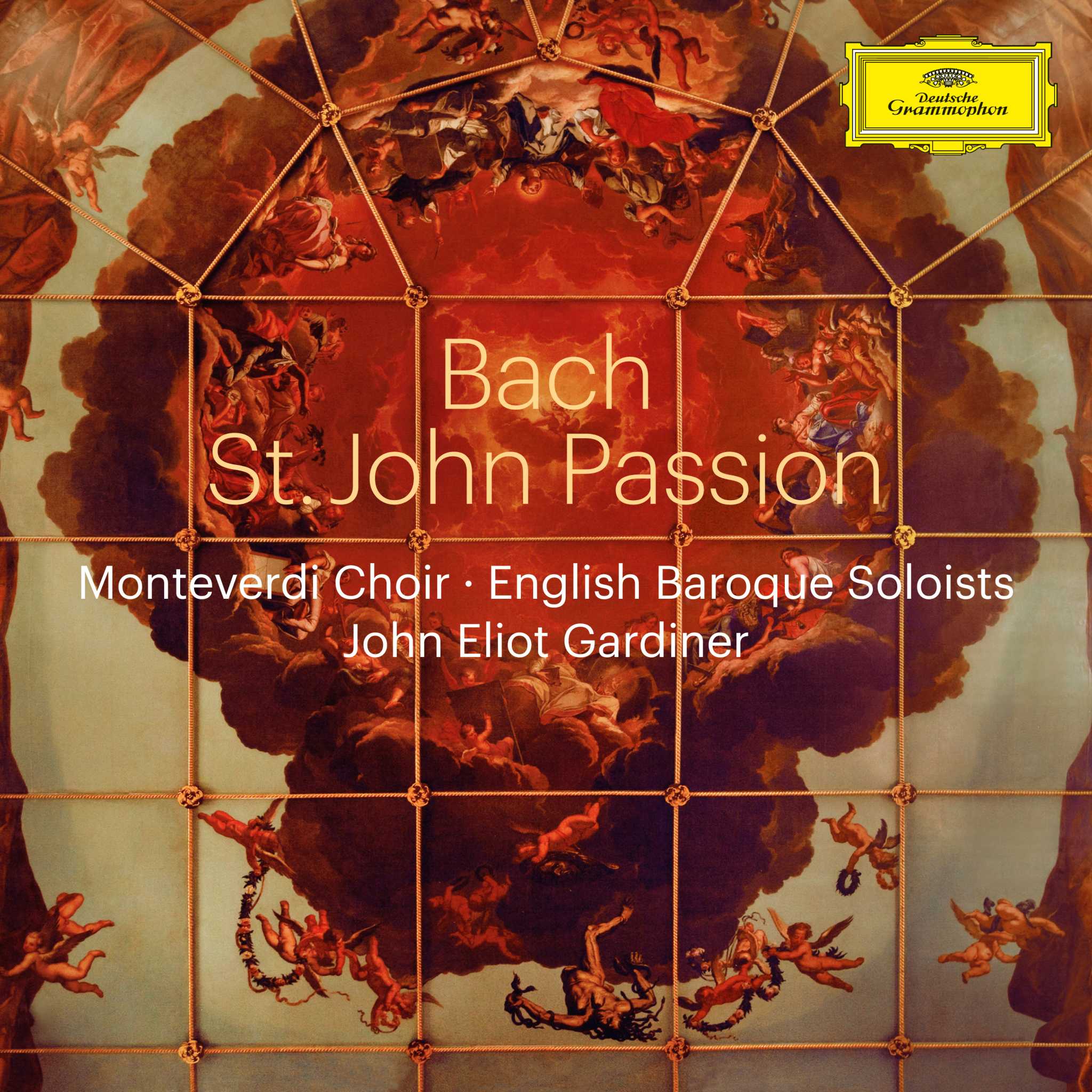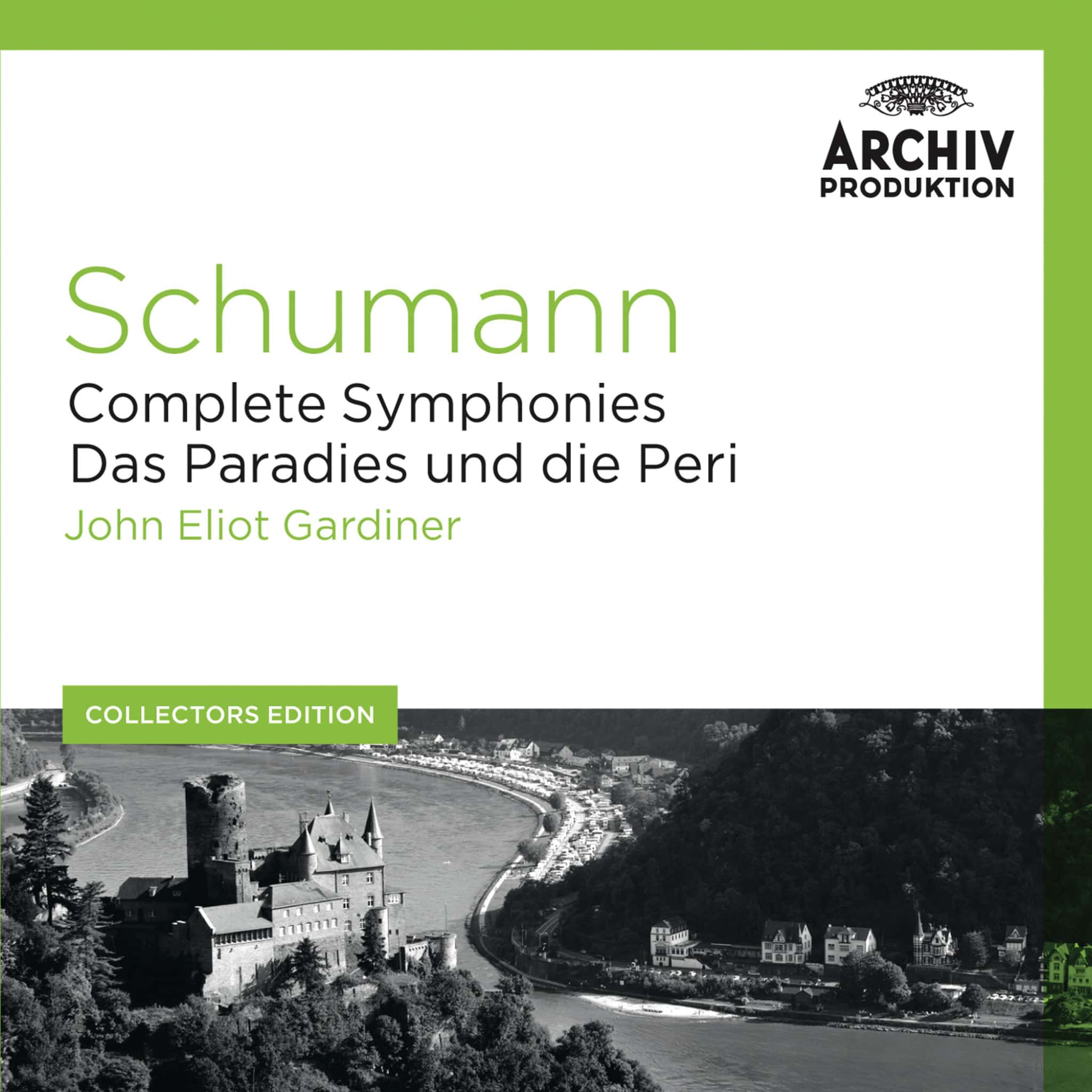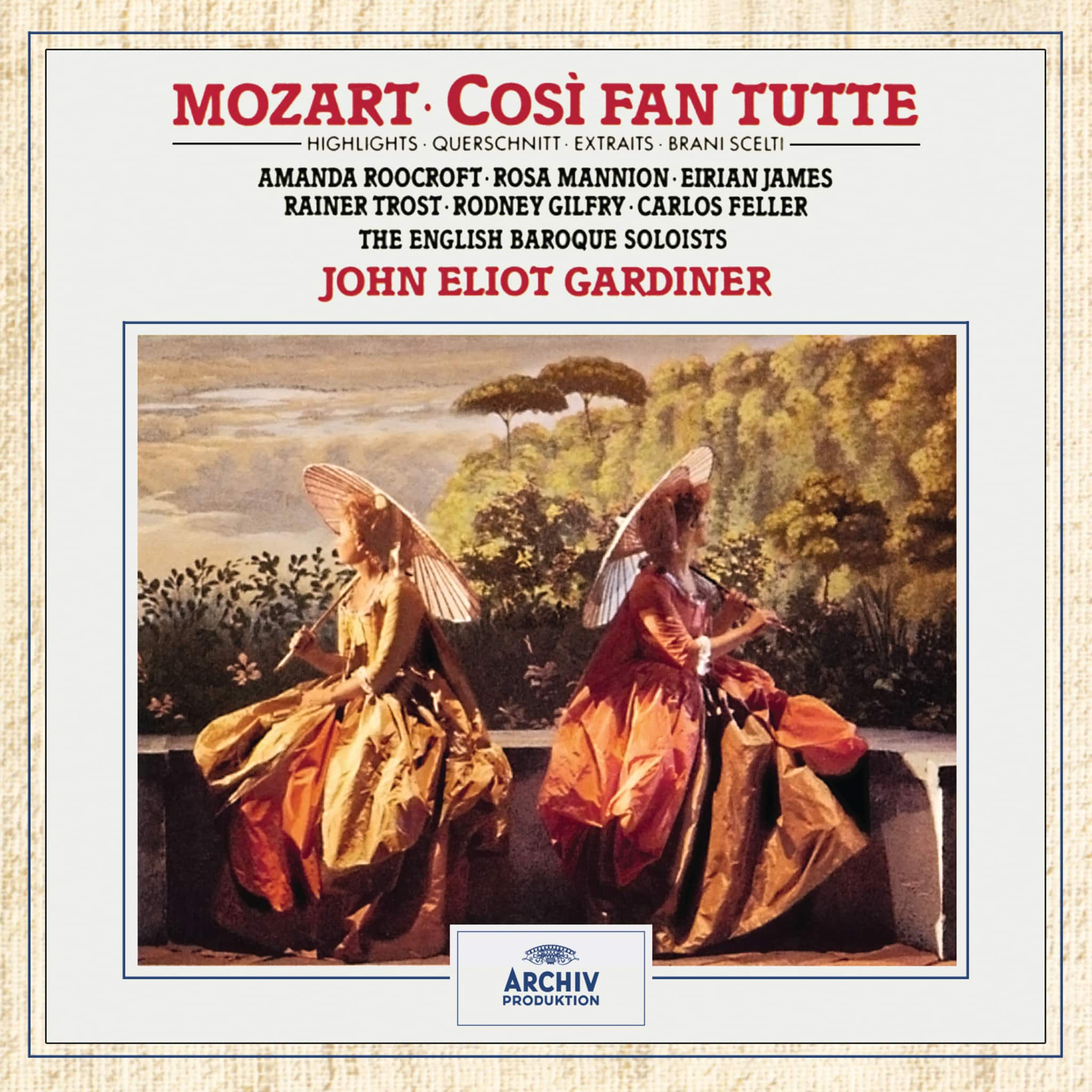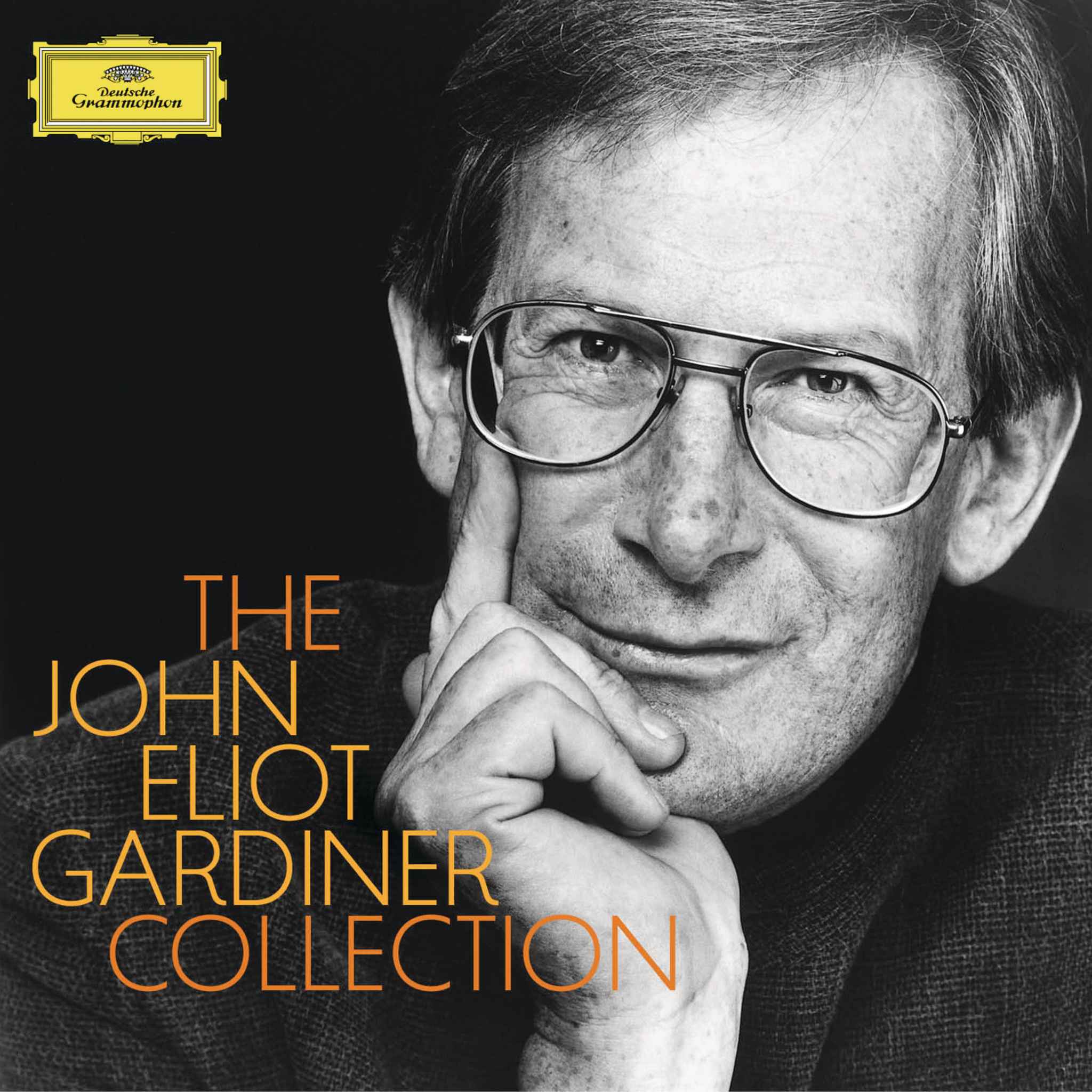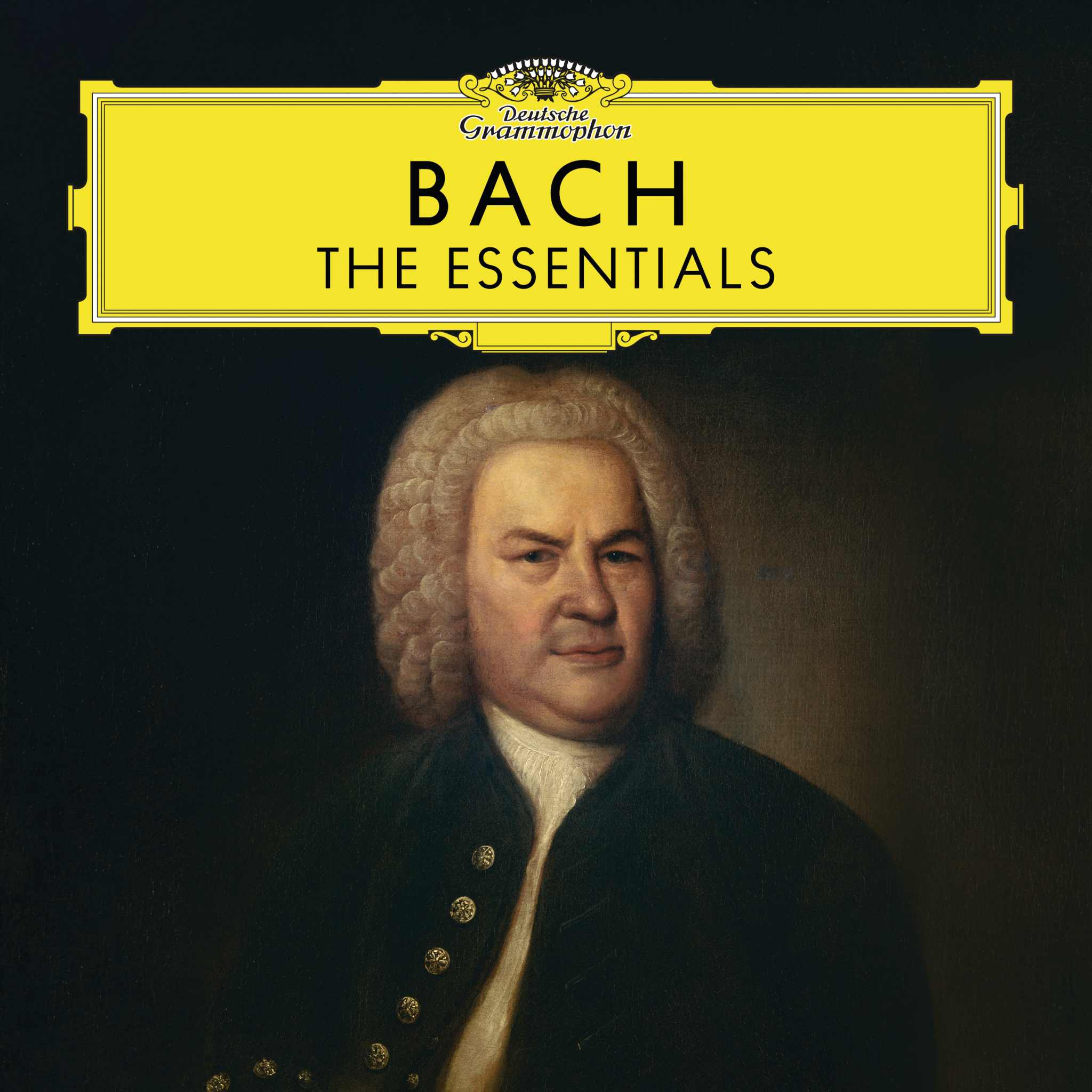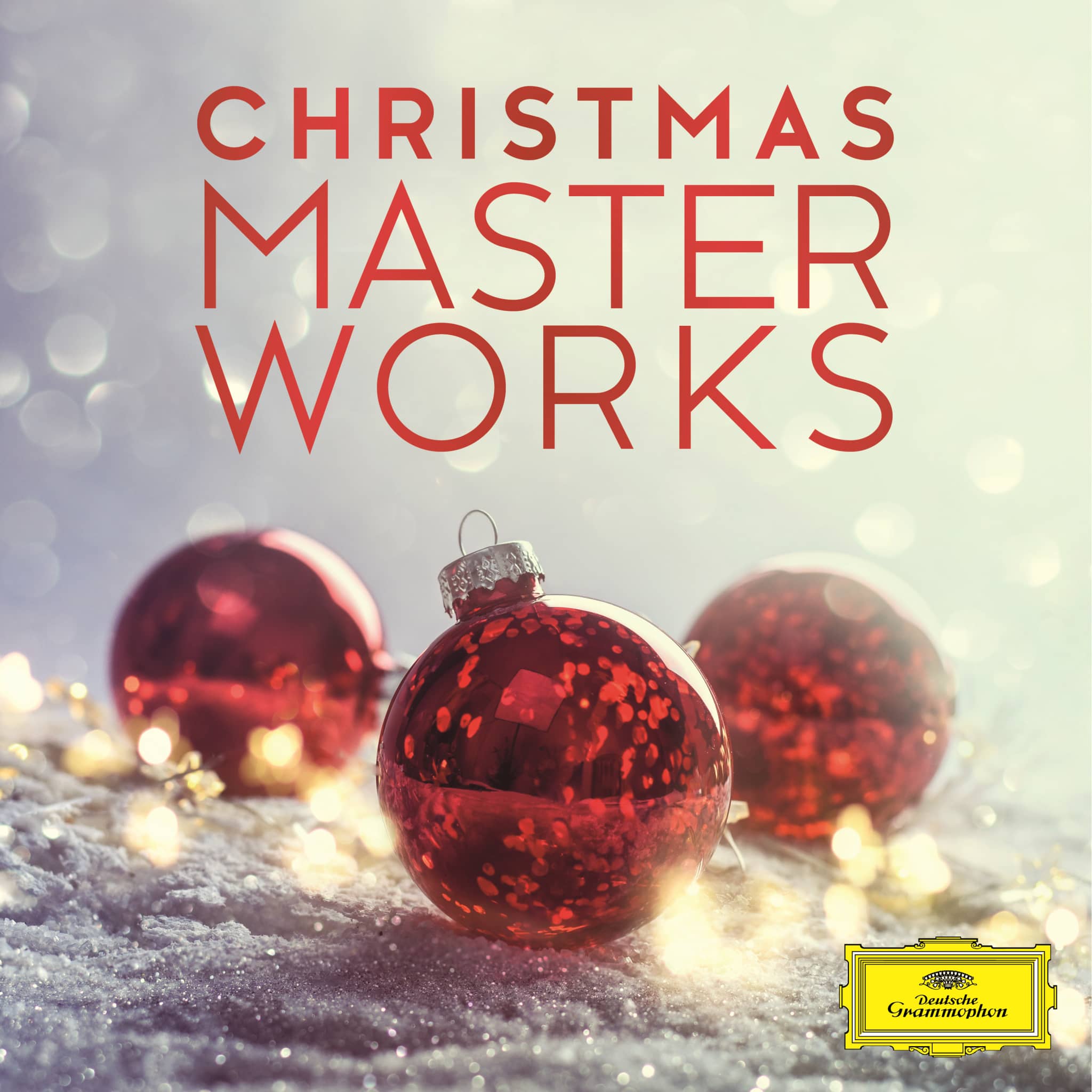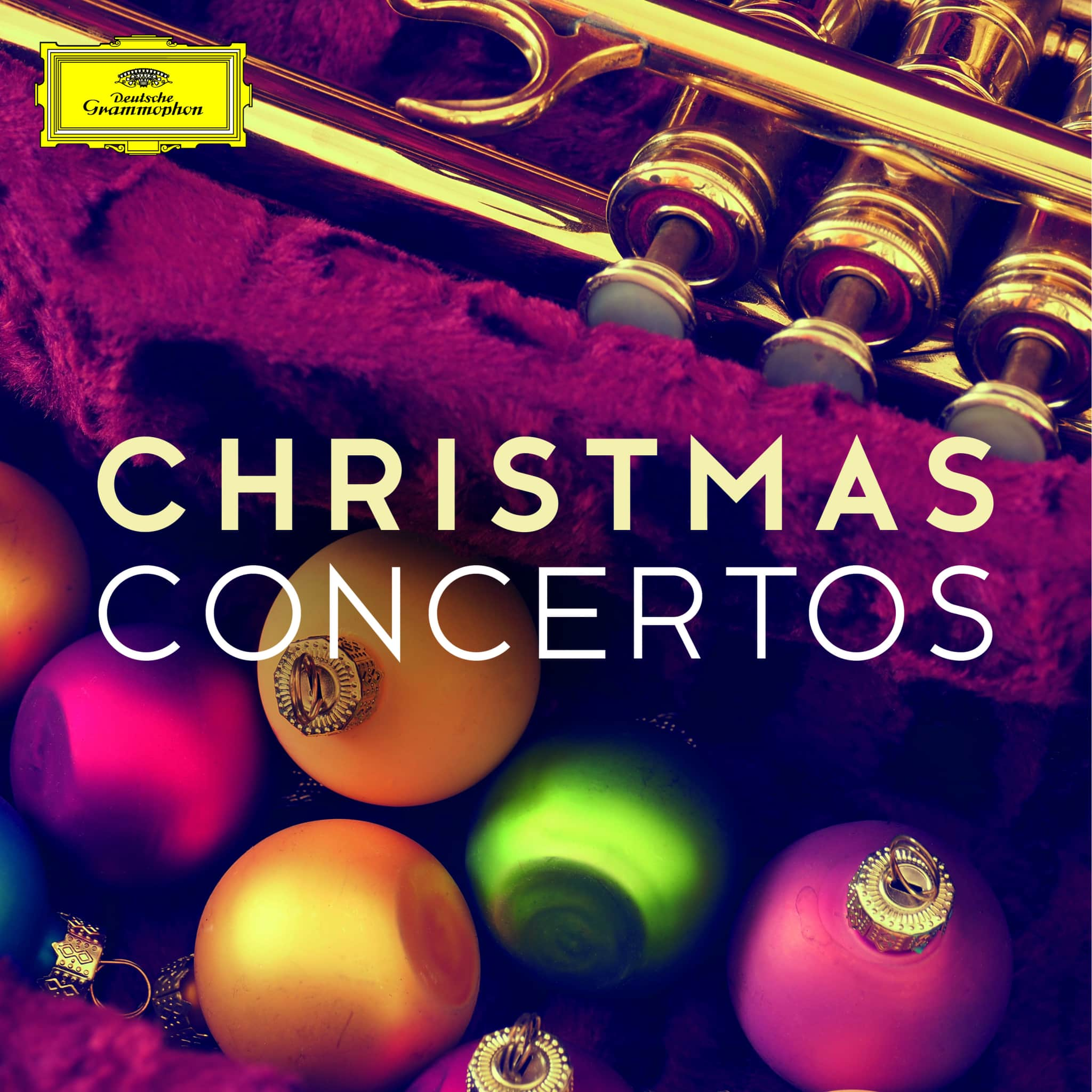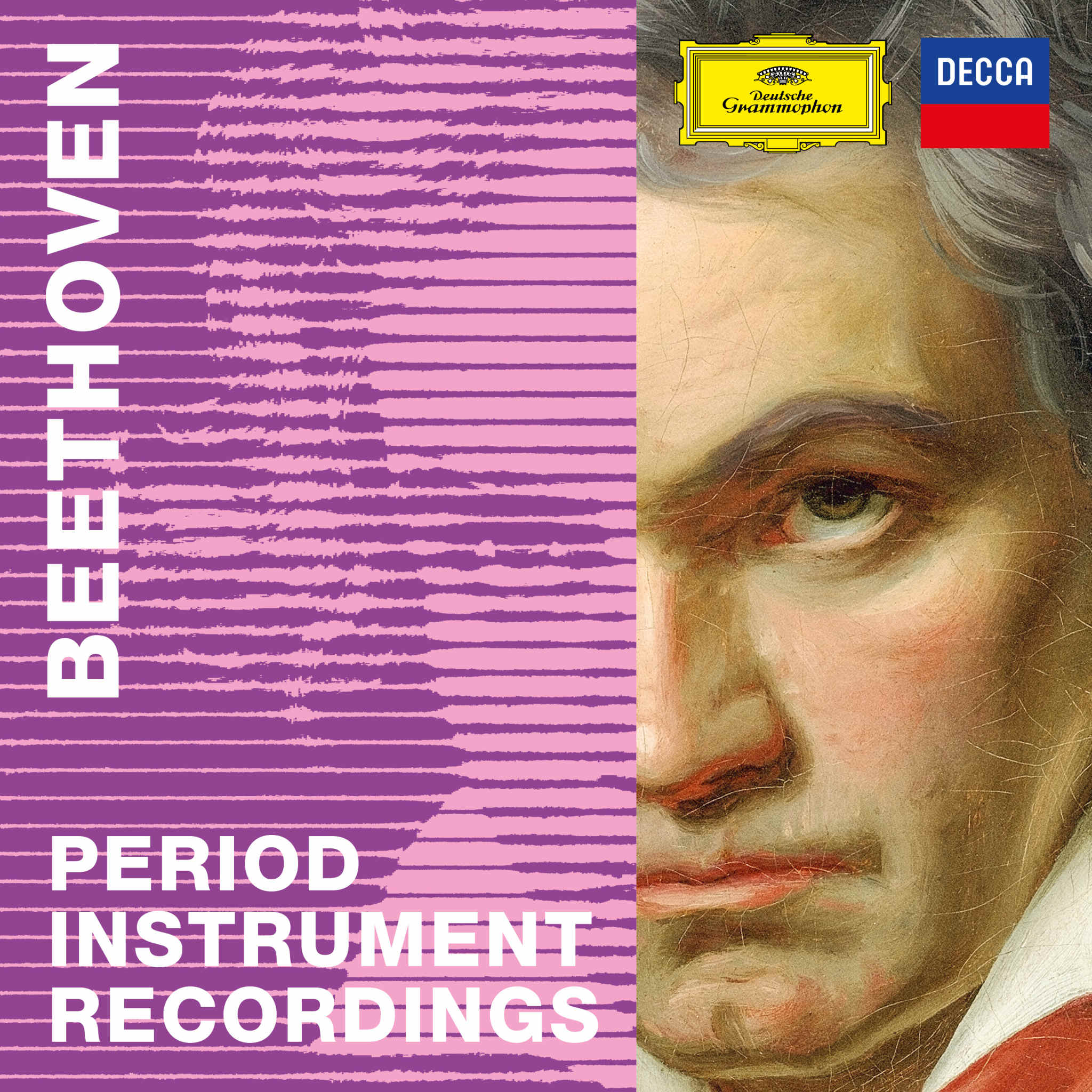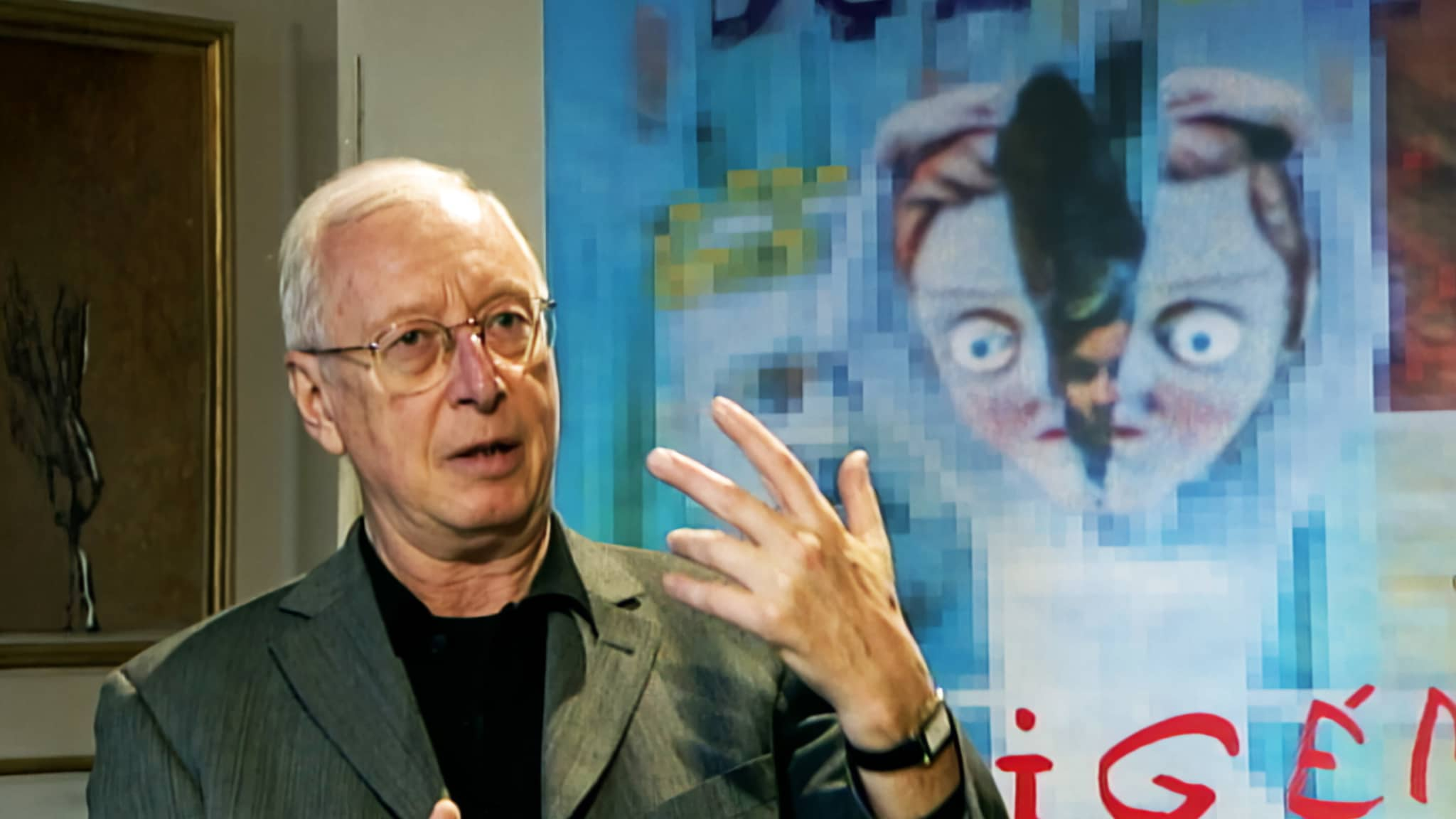Konzerte
Opern
Alben
Erscheint auf
Dokumentationen
InfosJohn Eliot Gardiner
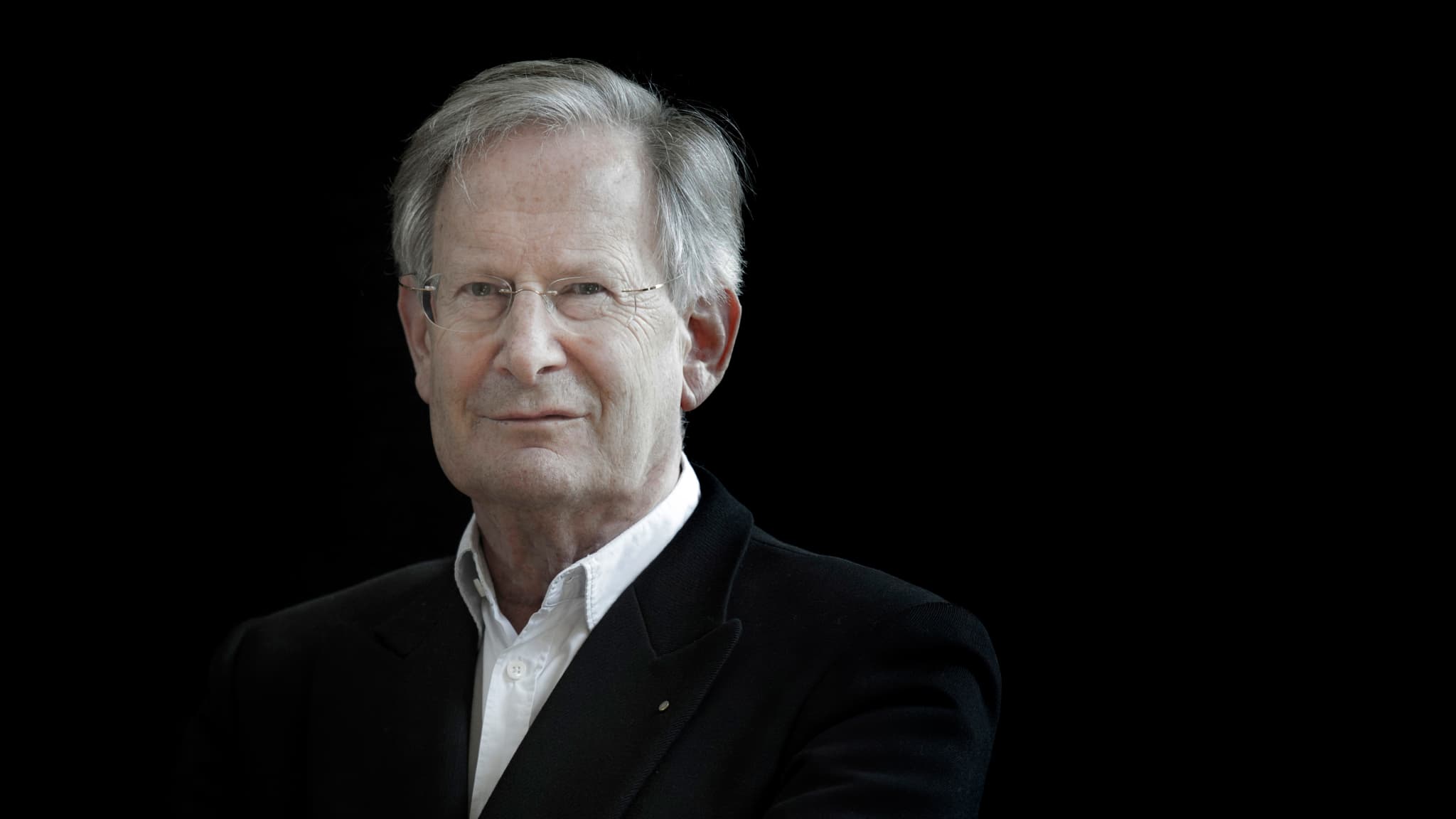
1968 gründete John Eliot Gardiner das Monteverdi Orchestra und trat mit dem neuen Ensemble im gleichen Jahr bei den Henry Wood Promenade Concerts in London auf. Knapp zehn Jahre darauf formierten sich aus Mitgliedern des Monteverdi Orchestra die English Baroque Soloists – heute eines der herausragenden Orchester mit historischen Instrumenten -, die 1977 beim Festspiel Alter Musik (Innsbruck) mit Händels Acis und Galatea debütierten. Die Einspielung dieses Werkes wurde 1978 von der englischen Musikzeitschrift Gramophone als “Beste Aufnahme Alter Musik” ausgezeichnet. 1990 gründete John Eliot Gardiner ein neues, auf Originalinstrumenten musizierendes Orchester: das Orchestre Révolutionnaire et Romantique.
John Eliot Gardiner, von Orchestern, Opernhäusern und Festspielen mit wichtigen Positionen betraut, war von 1980 bis 1983 Chefdirigent des Vancouver Orchestra. Während der folgenden fünf Jahre als Musikdirektor der Opéra de Lyon gründete er ein neues Orchester, das heute als eines der besten in Frankreich gilt. Als künstlerischer Leiter der Göttinger Händel-Festspiele (1981–1990) setzte John Eliot Gardiner mit zahlreichen Aufführungen und Aufnahmen neue Maßstäbe. 1991 wurde er Chefdirigent des NDR-Symphonieorchesters, eine Posi-tion, die er bis 1994 innehatte. John Eliot Gardiner hat als Gastdirigent mit großen internationalen Symphonieorchestern, u.a. dem Philharmonia Orchestra, dem Cleveland Orchestra, dem Concertgebouw Orkest und den Wiener Philharmonikern erfolgreich zusammengearbeitet.
An der English National Opera debütierte John Eliot Gardiner 1969 mit der Zauberflöte. 1973 folgte sein Covent Garden-Debüt mit Glucks Iphigénie en Tauride. Mit dem Dallas Symphony Orchestra trat er 1979 erstmals in Amerika auf. Anläßlich des 25jährigen Bestehens des Monteverdi Choir unternahm er 1989 eine Welttournee mit Aufführungen von Monteverdis Vespro della Beata Vergine, die für Film, Video und Aufnahmen der Archiv Produktion dokumentiert wurden. Bei den Salzburger Festspielen 1990 debütierte er mit dem Monteverdi Choir und den English Baroque Soloists innerhalb eines Orfeo-Zyklus (Monteverdi und Gluck) sowie im Rahmen der Serenaden-Konzerte. John Eliot Gardiner hat bereits zahlreiche Tourneen mit dem Monteverdi Choir und dem Orchestre Révolutionnaire et Romantique unternommen. 1995 dirigierte er erstmals die Wiener Philharmoniker bei den Salzburger Festspielen. 1997 fand John Eliot Gardiners Schumann-Festival im Barbican Centre in London und in der Cité de la musique in Paris statt. Nachdem er sich in den letzten Jahren ausführlich mit den Werken Beethovens und der Nach-Beethoven-Ära auseinandergesetzt hat, stehen nun Bachs Kirchenkantaten im Zentrum seiner Arbeit; insbesondere im Jahr 2000 wird er sich ausschließlich mit diesem Thema befassen.
Seit seiner ersten Aufnahme mit den English Baroque Soloists für die Archiv Produktion (Acis und Galatea) sind zahlreiche preisgekrönte Einspielungen entstanden: Monteverdis Vespro della Beata Vergine, Orfeo, Buxtehudes Membra Jesu Nostri, Purcells Fairy Queen, Bachs Weihnachtsoratorium, Matthäus-Passion und Haydns Jahreszeiten. Ein besonderes Projekt war sein Aufnahmezyklus der großen Mozart-Opern: Idomeneo, La clemenza di Tito , Die Entführung aus dem Serail, Così fan tutte, Le nozze di Figaro, Don Giovanni und die Zauberflöte. Für seine vielbeachtete Aufnahmeserie der Mozart-Opern und seine erfolgreichen konzertanten Aufführungen, u.a. beim Holland-Festival, erhielt John Eliot Gardiner den Edison Extraordinaire. Eine weitere Operneinspielung mit den English Baroque Soloists, Monteverdis Poppea, und seine Aufnahme mit Haydns Schöpfung wurden 1996 veröffentlicht. Das Orchestre Révolutionnaire et Romantique leitete er in Beethovens Missa solemnis, in einem vollständigen Beethoven-Symphonien-Zyklus, Leonore und einem Beethoven Klavierkonzert-Zyklus mit Robert Levin, den er 1998 mit Veröffentlichung der Aufnahme des Dritten und Vierten Konzertes abschloß, sowie in einem Schumann-Symphonien-Zyklus, der ebenfalls 1998 auf den Markt kam.
Für das Gelblabel hat John Eliot Gardiner mit dem NDR-Symphonieorchester Aufnahmen mit Werken von Brahms und Dvorák (1992), Benjamin Brittens War Requiem (1993) sowie Speak Low vorgelegt, eine Einspielung mit Liedern von Kurt Weill mit Anne Sofie von Otter (1994), der 1996 eine weitere mit Mahler- und Zemlinsky-Liedern folgte. Seine erste Einspielung mit den Wiener Philharmonikern war Léhars Lustige Witwe; in der zweiten widmete er sich Werken von Chabrier. Zu den Veröffentlichungen in 1998 zählen zwei Aufnahmen mit den Wiener Philharmonikern, Schuberts Neunte Symphonie und Gesang der Geister über den Wassern sowie Mendelssohns Vierte und Fünfte Symphonie. Erst kürzlich hat er mit diesem Orchester eine Aufnahme mit Werken Elgars abgeschlossen.
Neben zahllosen Auszeichnungen für seine Einspielungen wurde John Eliot Gardiner u.a. als “Künstler des Jahres 1994” (Gramophone Award und Deutsche Schallplattenkritik), “Dirigent des Jahres” (Klassik Echo-Verleihung 1995), “Bester Dirigent” (Cannes Classical Award 1995) und 1995 als erster Dirigent mit dem Dietrich-Buxtehude-Preis geehrt.
John Eliot Gardiner erhielt die Ehrendoktorwürde der Universität in Lyon (1987), die Ernennung zum “Officier dans l’Ordre des Arts et des Lettres” (1988) und zum “Commander of the British Empire” (1990). Seit 1992 ist er Ehrenmitglied des Londoner King?s College und der Royal Academy of Music. 1998 wurde John Eliot Gardiner von Königin Elisabeth II anläßlich der “June Birthday Honours” in den Adelsstand erhoben.



